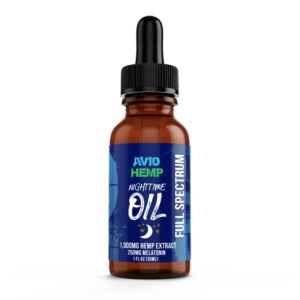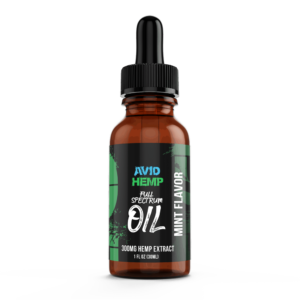Cannabis products typically contain some mixture of THC and CBD. THC binds to cannabinoid receptors in the gut and the brain — the latter of which is responsible for its psychoactive effects like euphoria and, to some extent, pain mediation.
CBD, however, doesn’t bind to cannabinoid receptors. Instead, it interacts with multiple other receptors and membrane proteins on cells in the body that can lead to improved pain perception and decreased inflammation.
While CBD also does ultimately affect nausea, activation of cannabinoid receptors by THC is thought to play the stronger role.
Many people report that marijuana also improves conditions such as insomnia and anxiety, although the data on both is mixed.
You may have heard that long-term marijuana use is linked to the rare diagnosis of cannabinoid hyperemesis syndrome, in which patients can’t stop throwing up. Vomiting may be driven by THC’s effects on the gut, where it slows motility.
In some cases, chronic use can also increase the likelihood of nausea.
Among many of my own patients, I’ve seen that striking a balance can be a very delicate, if not impossible, dance. It can become a question of the chicken or the egg: Did you start needing more marijuana to treat worsening nausea, or is the worsening nausea being driven by increased marijuana use? When this happens, I advise patients to slowly wean down marijuana use, and we explore alternatives to help with symptoms.
Cannabis is associated with increased risk of cardiovascular disease and cognitive impairment; it also doubles the risk of motor vehicle accidents and smokers are at increased risk of bronchitis.
- Those who are pregnant.
- Adolescents. Among younger people, there is even greater concern for potential lowering of IQ, memory and psychosis for starters.
- Patients with a history of psychosis or abnormal heart rhythms. Sudden high-dose THC exposure has the potential to dangerously raise your heart rate.
For others, the overall risk calculation is complicated. With so many unregulated and different forms of cannabis out there, it’s hard to do research in a consistent way.
Older adults should keep certain things in mind before trying medical marijuana. Many no doubt have noticed that marijuana today is far more potent than what was inhaled at Woodstock: The THC concentration of herbal cannabis has risen from below 2 percent in the 1970s to upward of 12 percent after 2015. So it’s a good idea to start at a low daily dose.
Older adults may be especially impacted by cannabis’ effect on memory and executive functioning — and because cannabis is fat-soluble, and we accumulate more body fat as we age, lower doses can have an outsize impact. They may also be on more medications that can interact with marijuana, such as warfarin, Paxlovid or citalopram.
There’s a federal law that prohibits physicians from sharing your drug use with the police, and your employer does not have access to your medical record unless you agree to share it with them (a drug test that you do through your employer is a separate situation). As a physician, I feel grateful when you trust me enough to share your health information, and knowing the full picture helps me give you the best advice I can.
Source: washingtonpost
Image: Pexels









